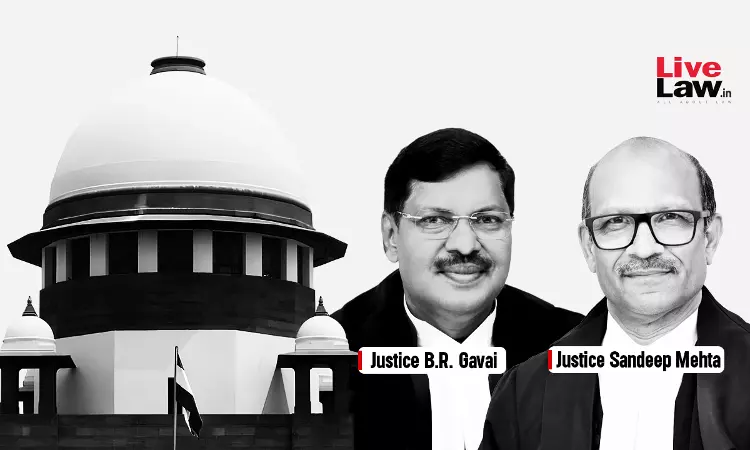JJ Act | Juvenile Accused Can't Be Tried As Adult In Absence Of Preliminary Assessment & Report By JJB : Supreme Court
Yash Mittal
26 March 2024 7:49 PM IST

Next Story
26 March 2024 7:49 PM IST
Recently, the Supreme Court held that the conviction of the accused child who was a 'child in conflict with law' cannot be sustained unless the preliminary assessment to ascertain the physical and mental capacity of the child to commit the crime and the need to try the child as an adult or a juvenile was adhered to as the mandatory requirements under the Juvenile Justice Act, 2015.Reversing...
